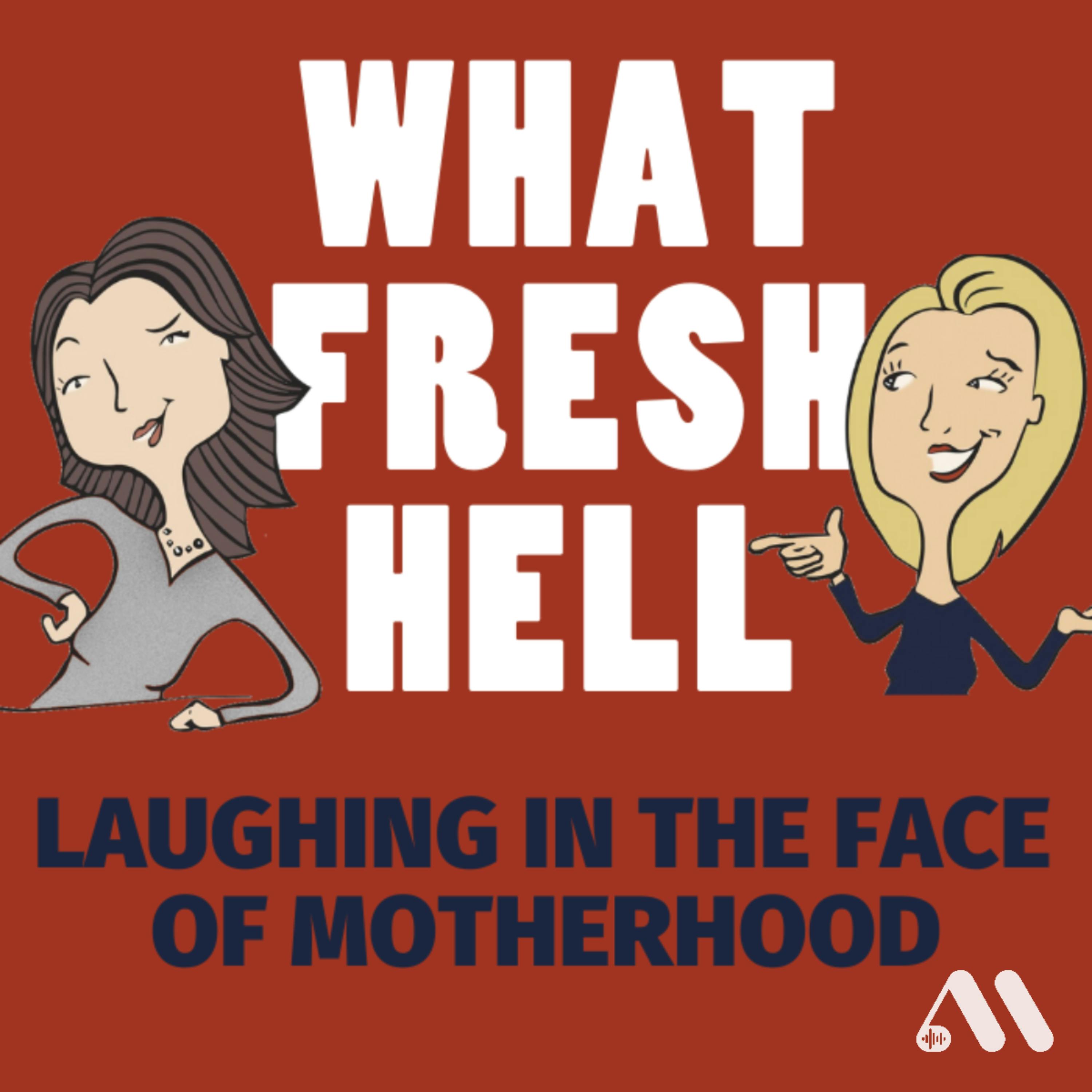Princesses (If You Must)

b'You may think (as both of us once did) that little girls who are all-princess, all the time, are just not that cool. You may have also believed that any daughter of your own would be a far more independent-thinking, overalls-wearing sort of spunkster.\\xa0\\n\\xa0But once that daughter is born, and turns two, and a well-meaning party-goer shows up with something from, say, the Disney Princess Little Kingdom Royal Sparkle Collection? All bets are off.\\nWe\\u2019re here to tell you that the princess phase, as brief as it is intense, is pretty much unavoidable\\u2013or at least it feels that way. And shaming your daughter for falling for all of it may be less than productive. As Peggy Orenstein points out in her book Cinderella Ate My Daughter: Dispatches from the Front Lines of the New Girlie-Girl Culture, the princess imperative lines up perfectly with a 4-7 year old child\\u2019s \\u201cinflexible stage,\\u201d where one\\u2019s identity as a girl (or a boy) is felt to be actually predicated upon appearing like one.\\nBut then it becomes a bait-and-switch that Amy wrote about it for Listen To Your Mother NYC: first, our daughters are told that they MUST like princesses\\u2013 then, just as suddenly, they are told that they must stop. That doesn\\u2019t seem so great, either.\\n\\xa0\\nIn this episode we discuss:\\n\\xa0\\n* whether princesses are okay only if we counterbalance the messaging\\n* whether girls who play with princess toys have lower self-esteem\\n* what boys might be learning from princess movies\\n* why a tiara-wearing preschooler is not really a reflection on our parenting- or what she\\u2019ll be wearing in another five years\\nLearn more about your ad choices. Visit megaphone.fm/adchoices'